1. Assess for Food Allergies & Eliminate with Acupressure Allergy Relief
Multiple studies over the past 20 years have suggested that diet and food additives can exacerbate hyperactivity
Diets restricting food allergens have been shown to improve behavior
The most common food allergens are eggs, milk products, chocolate, wheat, oats, corn, strawberries, oranges, peanuts and soy
The Mayo Clinic notes that certain food colorings and preservatives may increase hyperactive behavior in some children (sodium benzoate, yellow dyes #5, 6, 10, and red dye #40)
2. Assess Neurotransmitter Status
Check neurotransmitter status with a simple urinalysis and correct any imbalances in norepinephrine, epinephrine, serotonin, dopamine and GABA
3. Assess Nutritional Status
Check for vitamin, mineral and essential fatty acid deficiencies (B vitamins, calcium magnesium & omega – 3 fatty acids) – needed for proper stabilization of the CNS for mental focus, mood stability and brain function
4. Provide Neurofeedback
Neurofeedback (EEG biofeedback) has been shown through studies to change the underlying abnormal electrical brain activity associated with ADD/ADHD
5. Massage & Exercise
In a study of 28 teenage boys with ADHD, those who received 15 mites of massage for 10 consecutive days had better concentration than those who underwent a guided muscle relaxation exercise for the same amount of time
Exercise is good for the brain as well as the body and it may improve ADD/ADHD symptoms as well as mood and anxiety
One study suggested that exercising in open, green spaces boosts brain function









